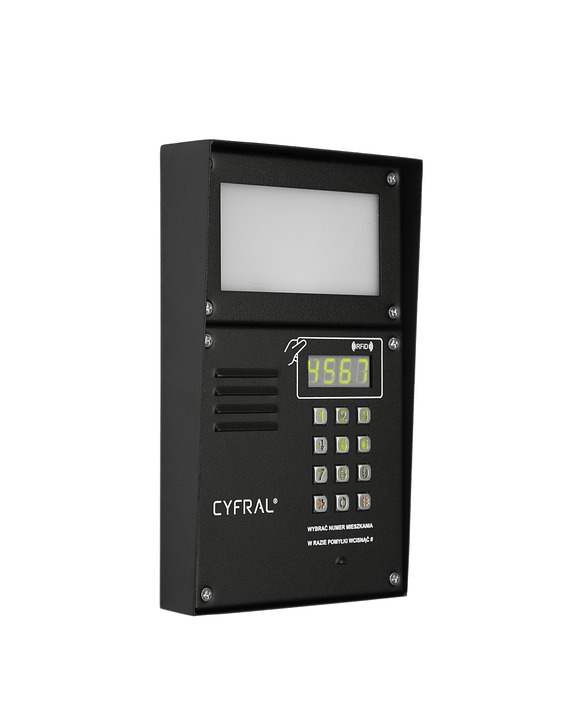Introduction
Food traceability is an essential aspect of the food industry, ensuring that consumers can track the journey of their food products from the farm to their fork. With the integration of Radio Frequency Identification (RFID) technology, companies can enhance the traceability of their products, providing real-time information on the origins, processing, and distribution of food items.
Benefits of Food Traceability with RFID Integration
Improved Supply Chain Efficiency
RFID technology allows for the automation of data collection and tracking, streamlining processes in the supply chain. From the moment a product is tagged with an RFID label at the farm to its arrival at the consumer’s table, every step of the journey can be monitored and recorded in real-time.
Enhanced Food Safety
By incorporating RFID tags into food packaging, companies can quickly identify and trace contaminated products, reducing the risk of foodborne illnesses. In the event of a recall, the precise location of affected products can be determined, minimizing the impact on consumers and preventing widespread outbreaks.
Increased Transparency
Consumers are becoming more conscious of where their food comes from and how it is produced. RFID integration in food traceability allows companies to provide detailed information about the sourcing, handling, and processing of their products, building trust with consumers and enhancing brand loyalty.
Financial Impact
According to a report by MarketsandMarkets, the global food traceability market is projected to reach $26.1 billion by 2025, with a compound annual growth rate (CAGR) of 9.2%. The increasing demand for transparent and traceable food products, coupled with stringent regulations on food safety, is driving the adoption of RFID technology in the food industry.
Cost of Implementation
While the initial investment in RFID technology may be significant, the long-term benefits far outweigh the costs. Companies can reduce operational expenses, minimize losses due to recalls, and improve overall efficiency in the supply chain by implementing RFID-based traceability systems.
ROI for Food Companies
Food companies that have implemented RFID-based traceability systems have reported significant returns on investment. By enhancing supply chain visibility, reducing waste, and improving product quality, companies can increase customer satisfaction and drive revenue growth.
Industry Insights
Leading Companies in Food Traceability
Several companies are at the forefront of integrating RFID technology into their food traceability systems. For example, Walmart has implemented blockchain technology in partnership with IBM to enhance the traceability of its fresh produce. Other companies such as Nestle, Tyson Foods, and Dole are also leveraging RFID technology to improve transparency and accountability in their supply chains.
Regulatory Landscape
Government regulations on food safety and traceability are becoming increasingly stringent worldwide. In the United States, the Food Safety Modernization Act (FSMA) mandates that food companies implement preventive controls and traceability systems to ensure the safety of their products. By adopting RFID technology, companies can comply with these regulations and demonstrate their commitment to food safety.
Conclusion
In conclusion, food traceability with RFID integration is a critical component of the modern food industry. By leveraging RFID technology, companies can enhance supply chain efficiency, improve food safety, and increase transparency with consumers. With the projected growth of the food traceability market, investing in RFID-based traceability systems is not only a sound financial decision but also a strategic move to stay competitive in the industry.




